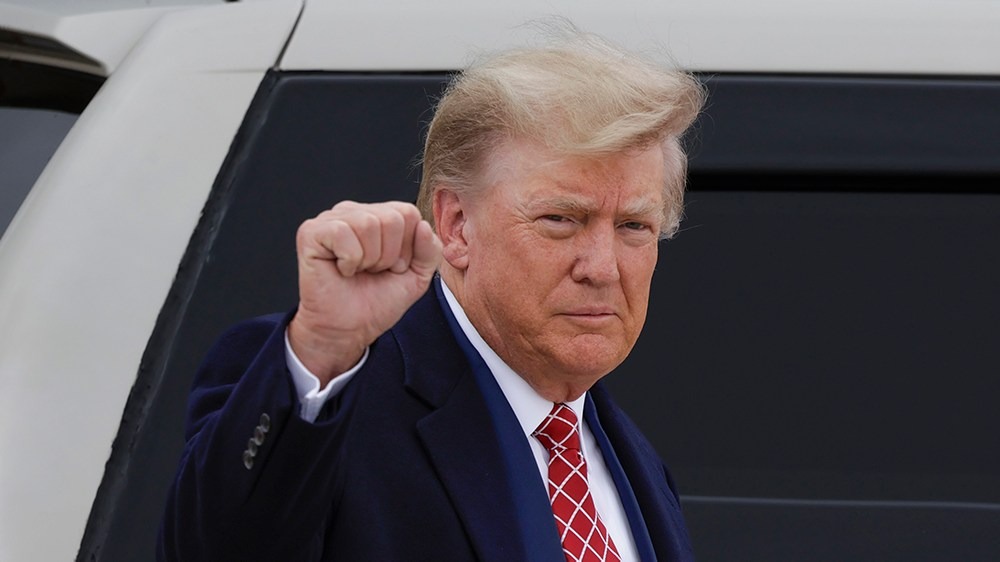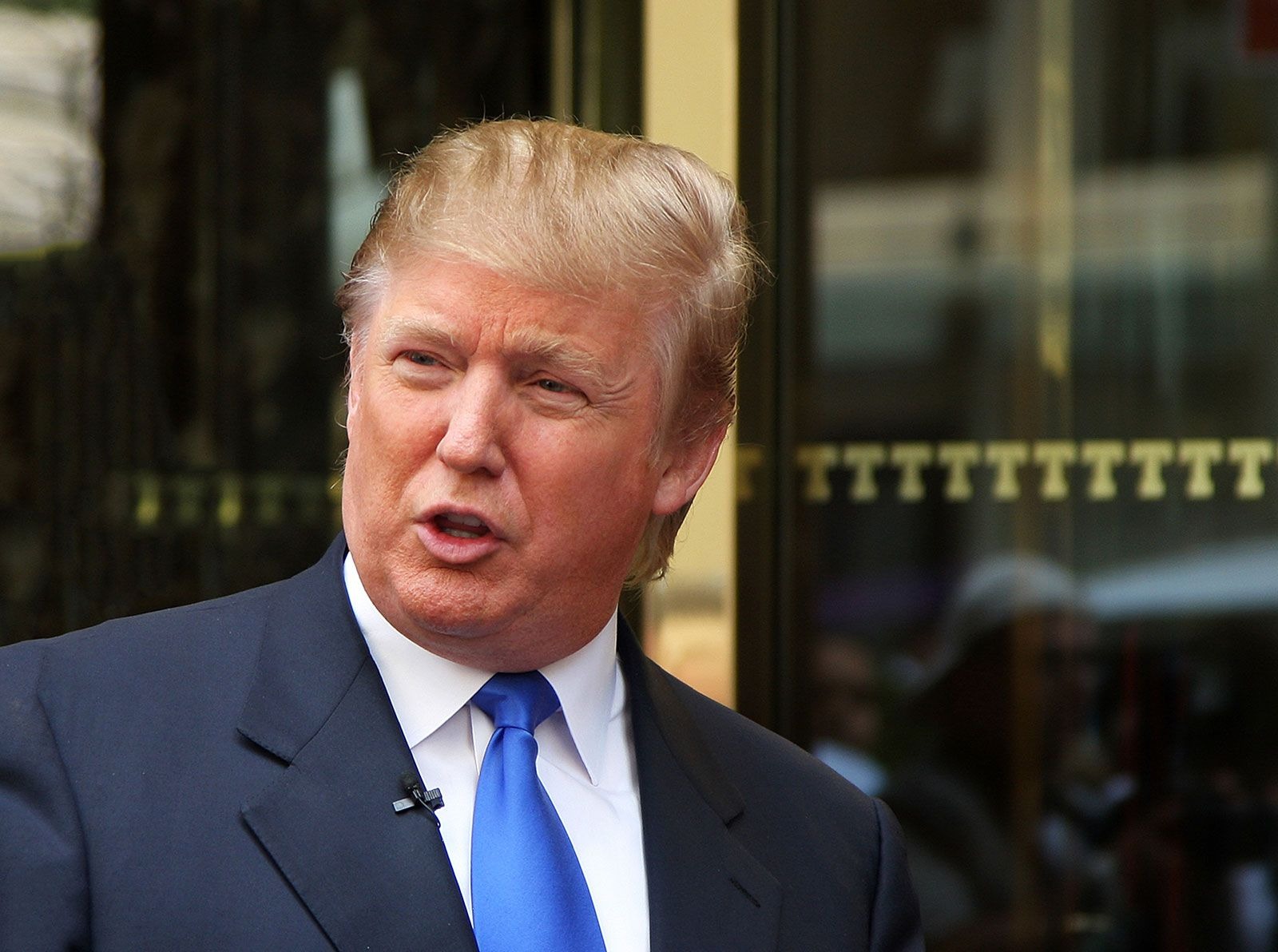Former President Trump is back in the spotlight, engaging in high-profile meetings with world leaders as speculation mounts about the potential for a second Trump administration and its implications for U.S. foreign policy.
Trump recently held discussions with Polish President Andrzej Duda at Trump Tower, adding to a string of meetings with other prominent figures including Hungarian President Viktor Orbán and British Foreign Secretary David Cameron. Reports also suggest that Trump has been in contact with Saudi Arabian Crown Prince Mohammed bin Salman.
While it’s not uncommon for foreign leaders to engage with presidential candidates, these interactions highlight the international interest in understanding Trump’s potential policies should he win the upcoming election.

Donald J. Trump (Credits: Variety)
Richard Fontaine, CEO of the Center for a New American Security and former State Department official, noted the widespread curiosity about Trump’s future plans, emphasizing the unpredictable nature of his previous tenure.
Trump’s meeting with Orbán earlier this year drew attention, particularly Orbán’s assertion that Trump would withhold aid to Ukraine if elected, aligning their positions on the conflict in Ukraine.
In his discussions with Cameron, Ukraine was also a focal point, reflecting the ongoing global concern about Russia’s invasion. Trump’s recent lengthy conversation with Duda covered various topics, including the situations in Ukraine and the Middle East, as well as NATO spending commitments.
These diplomatic engagements underscore leaders’ attempts to gauge the potential impact of a second Trump presidency on international affairs. Trump’s campaign spokesperson, Brian Hughes, portrayed these interactions as a reaffirmation of Trump’s leadership, touting his track record on national security and trade policies.
While it’s standard for presidential candidates to meet with foreign officials, Orbán’s meeting with Trump was somewhat exceptional given Orbán’s public support for the former president.

Donald J. Trump (Credits: Salon.com)
The White House has refrained from commenting on Trump’s discussions with foreign leaders, maintaining a neutral stance on interactions between presidential candidates and international figures.
As the race for the White House heats up, polls indicate a tight contest between Trump and Biden in key battleground states. Biden has positioned himself as a candidate focused on restoring U.S. leadership on the world stage after Trump’s “America First” approach.
A potential second Trump term could bring huge shifts in U.S. foreign policy, with implications for ongoing conflicts, alliances, and international cooperation efforts. Biden has emphasized support for Ukraine and other allies through proposed legislation, contrasting with Trump’s more ambiguous stance on foreign aid and international engagement.
The outcome of the election will shape the trajectory of U.S. foreign policy in the coming years, with Trump’s engagements with foreign leaders offering a look into the potential direction of international relations under his leadership.























